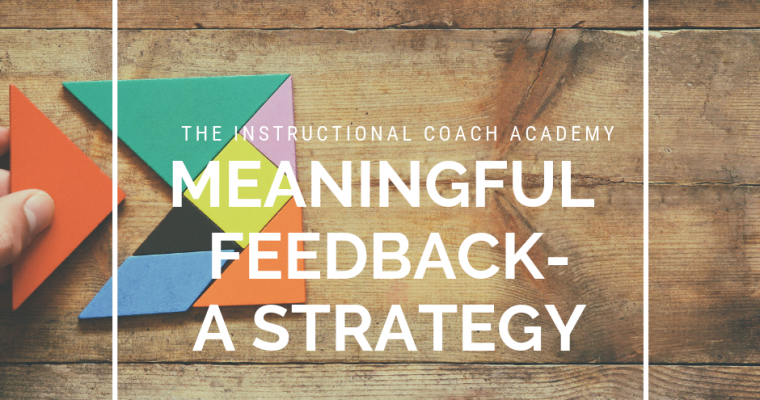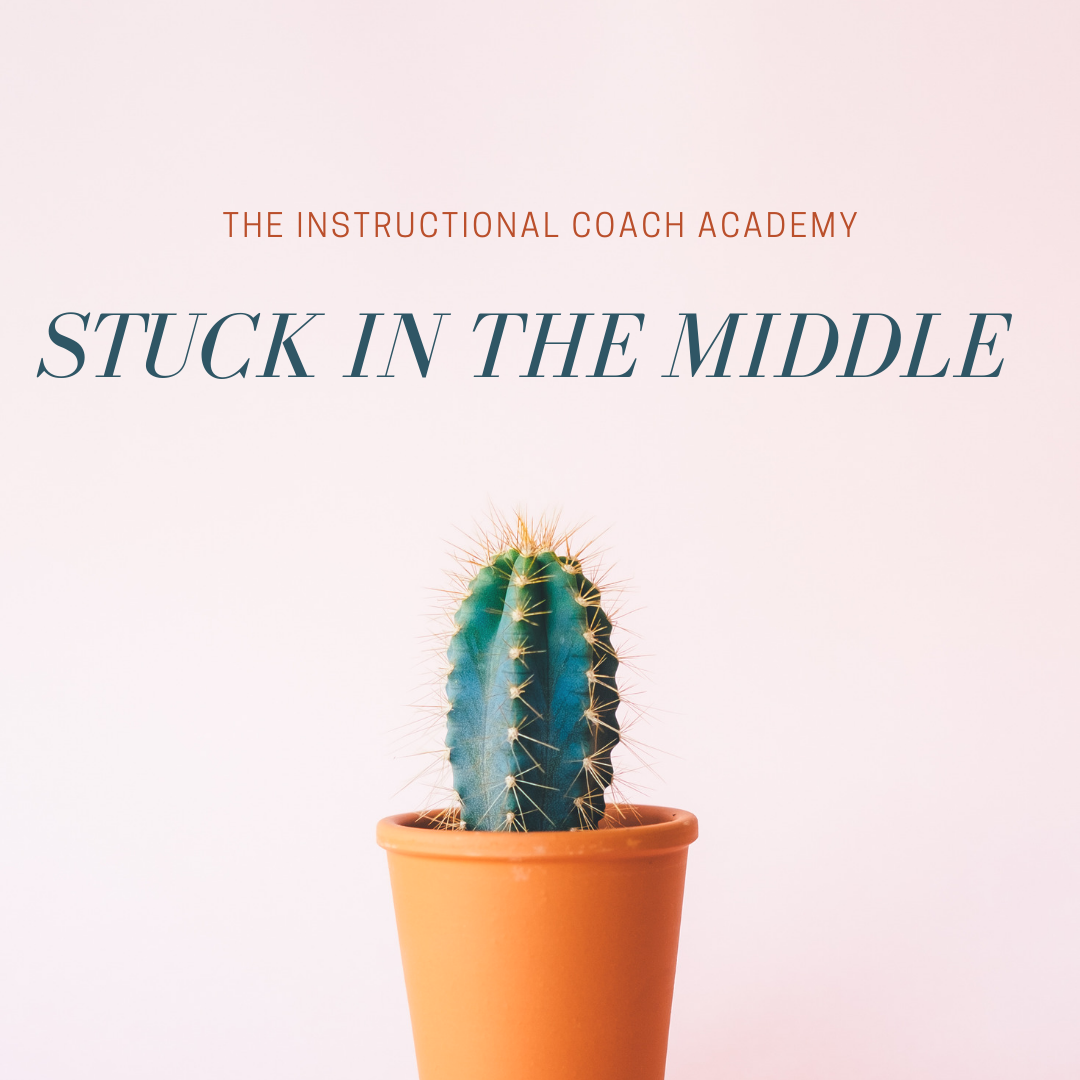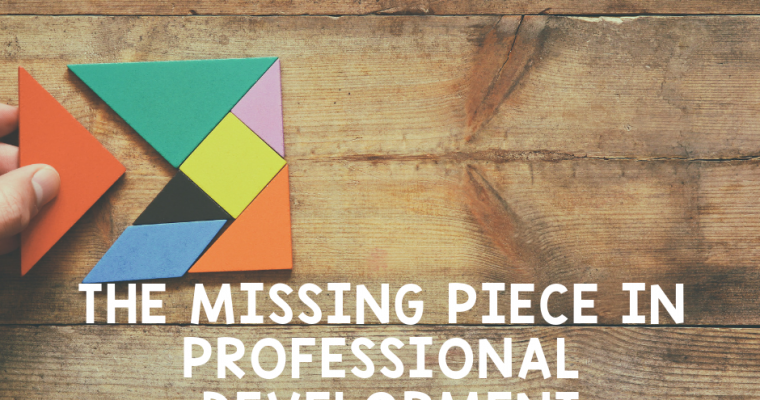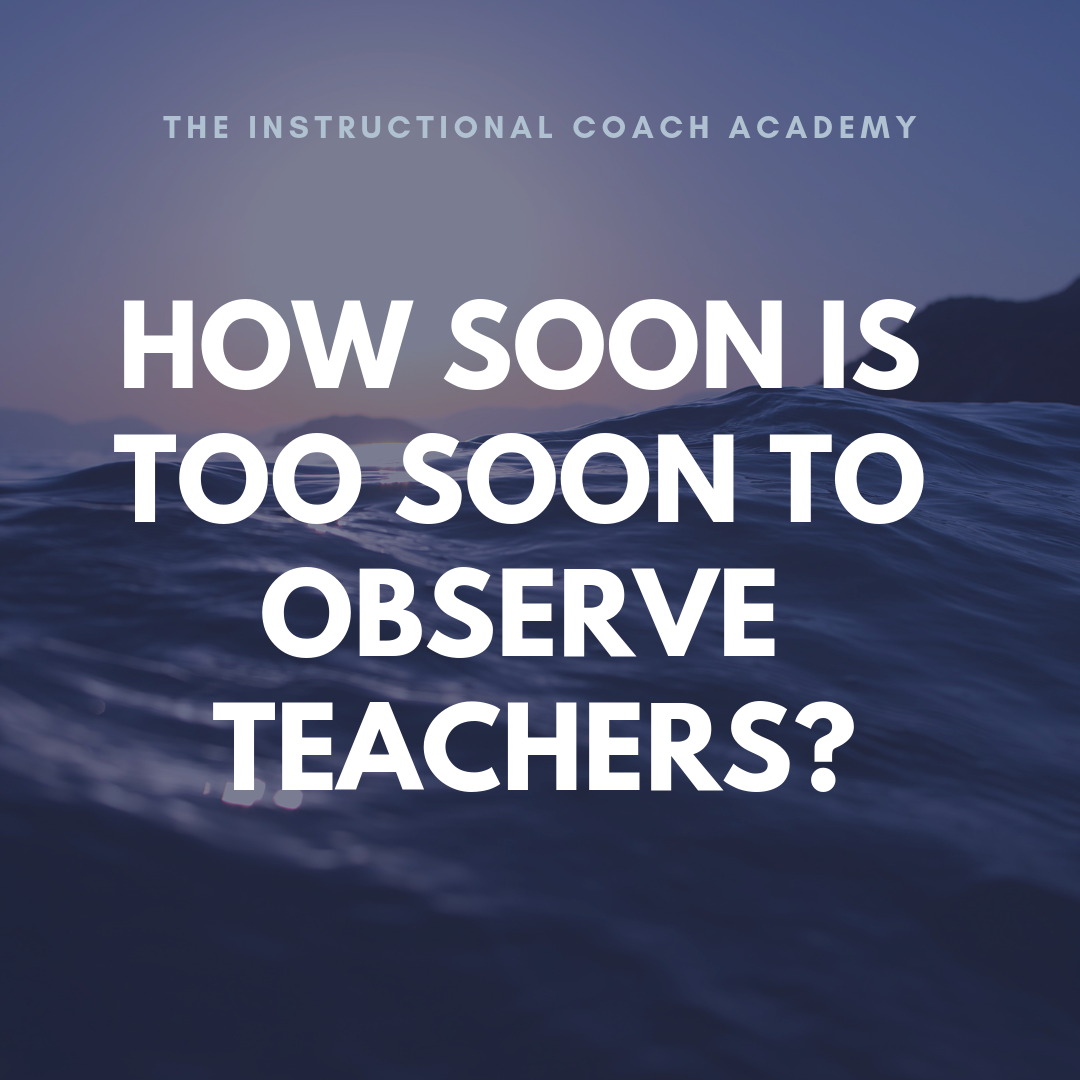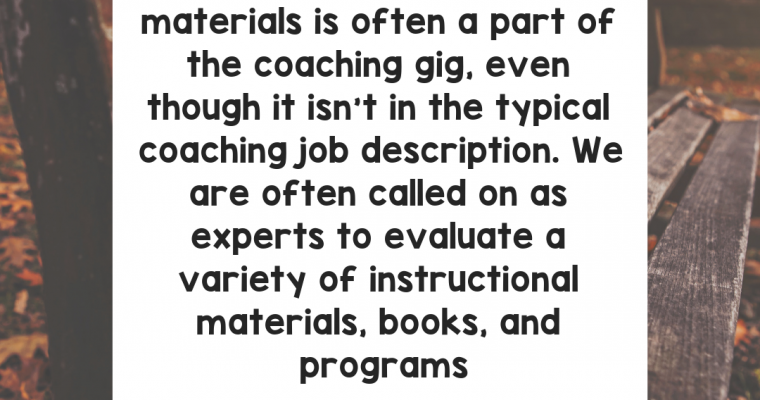Time Management Tips for Coaches
Instructional coaching is consistently variable. That makes time management tricky. It also makes effective time management absolutely essential. Here are a few important reminders: Relationship building is NEVER a waste of time. Sometimes I get to the end of a day and feel like I […]




